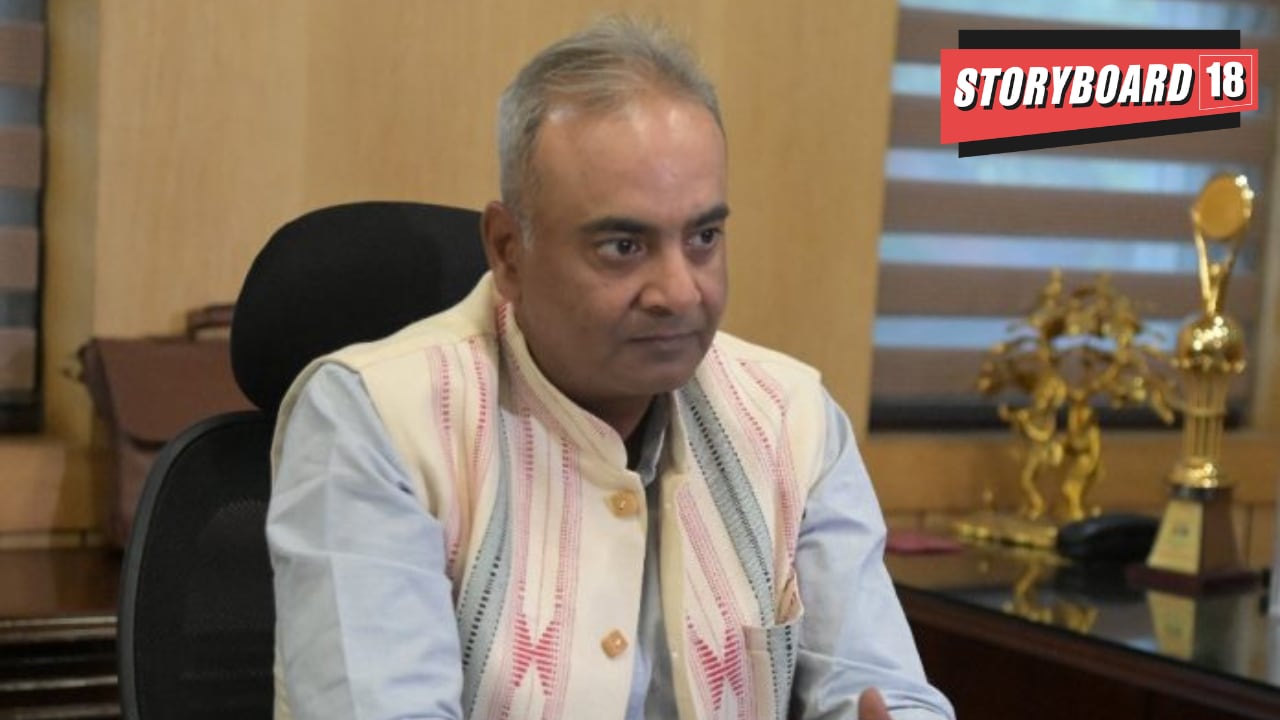At the India Digital Summit (IDS), organized in collaboration with the Ministry of Electronics and Information Technology (MeitY), Government of India, and the Ministry of Information and Broadcasting, with support from Digital India and Skill India, Gaurav Dwivedi CEO Prasar Bharati discussed the impact of public broadcasting.
He says, “The challenge of being a public broadcaster is to present a balanced narrative. The most important thing is to present the bare facts to audiences and let them take their own call.”
For Dwivedi who was also the first CEO of MyGov, the biggest challenge was to convince digital users that this is a government that wants to listen to their perspectives. “Having been the first CEO of MyGov, the biggest challenge was to convince digital users that this is a government that wants to listen to their perspectives.”
Despite the explosion of private networks, the reach and influence of Doordarshan remain unmatched. Dwivedi points to its enduring presence in the remotest corners of the country. “In terms of audiences, there is no part of the country where Doordarshan is not watched. If we look at satellite TV, out of 19 to 20 crore TV sets in the country, 1/4th of satellite distribution is from our network.”
With the shift toward digital, Prasar Bharati is not just relying on its traditional mediums but is also strengthening its digital offerings, recognising the changing consumption habits of its audience. “There is an increasing number of people consuming content only on digital media because of cord-cutting. So far, we have focused more on presenting news through our app, which has been around for eight years.”
Accessibility is key for a public broadcaster, and Dwivedi highlights how initiatives like Free Dish and WAVES ensure that content reaches everyone, regardless of socio-economic barriers.
“Similar to Free Dish, being a public broadcaster, we will never have a high entry barrier with WAVES,” he says.
In a world increasingly dictated by algorithms, Dwivedi emphasises the importance of human judgment in journalism. He believes in empowering reporters to retain control over their narratives and their revenue.
He said, “News gathering is a very sensitive business and shouldn’t be left to algorithms. Significant time and effort go into collecting stories from the ground, and journalists should be allowed to monetise their work through the platform of their choice.”
Dwivedi raises critical concerns about the transparency of algorithms. For him, the lack of openness in how content is curated threatens the integrity of information presented to the public. “In an ideal world, if these algorithms were public resources, I would still accept it. But since they are not open, I am not sure if these resources are being projected to audiences objectively. A closed algorithm is something I am not happy with.”
